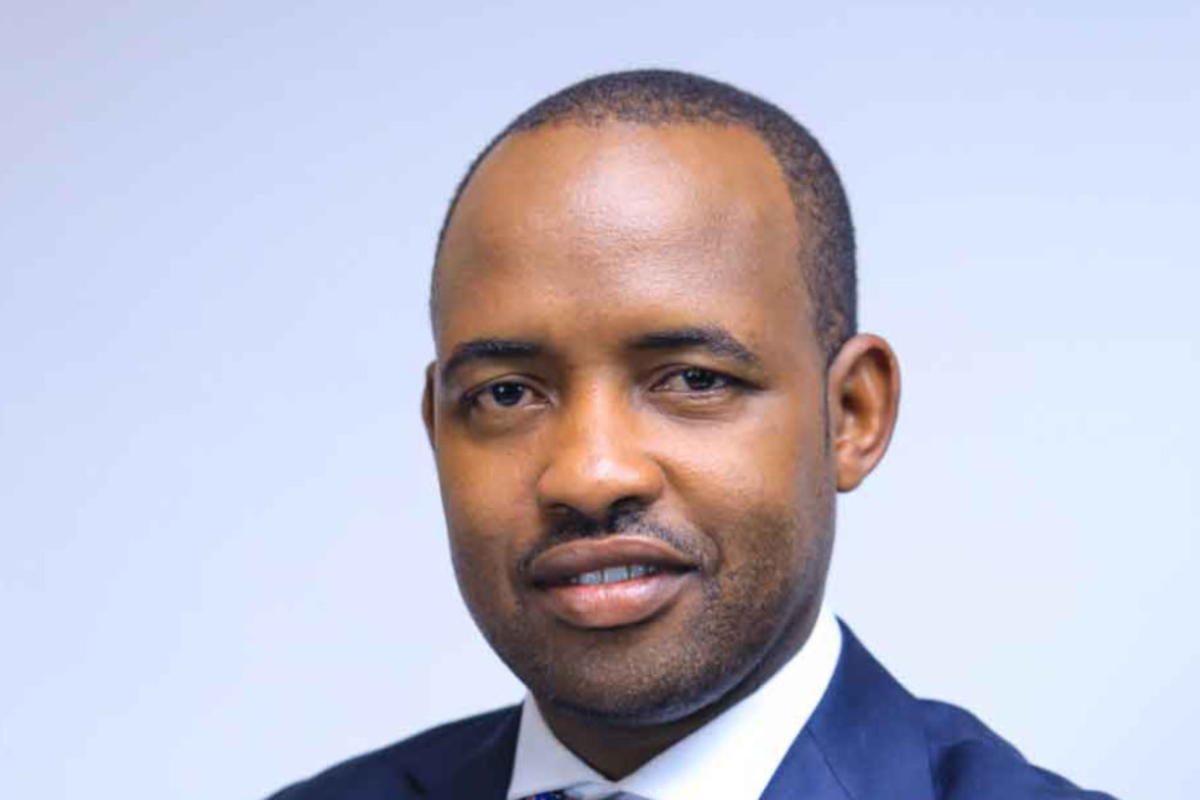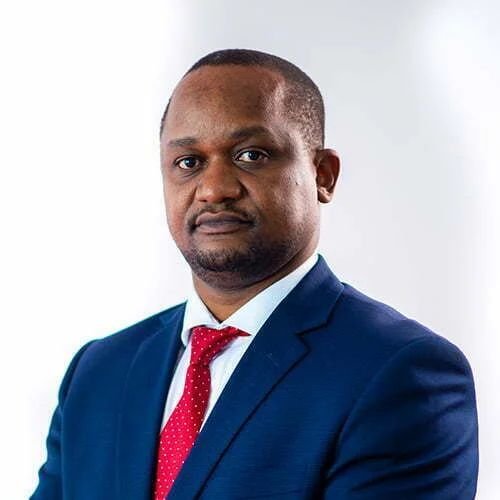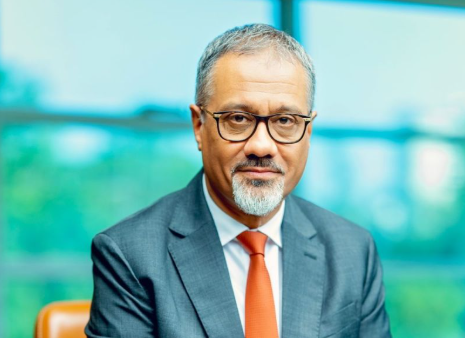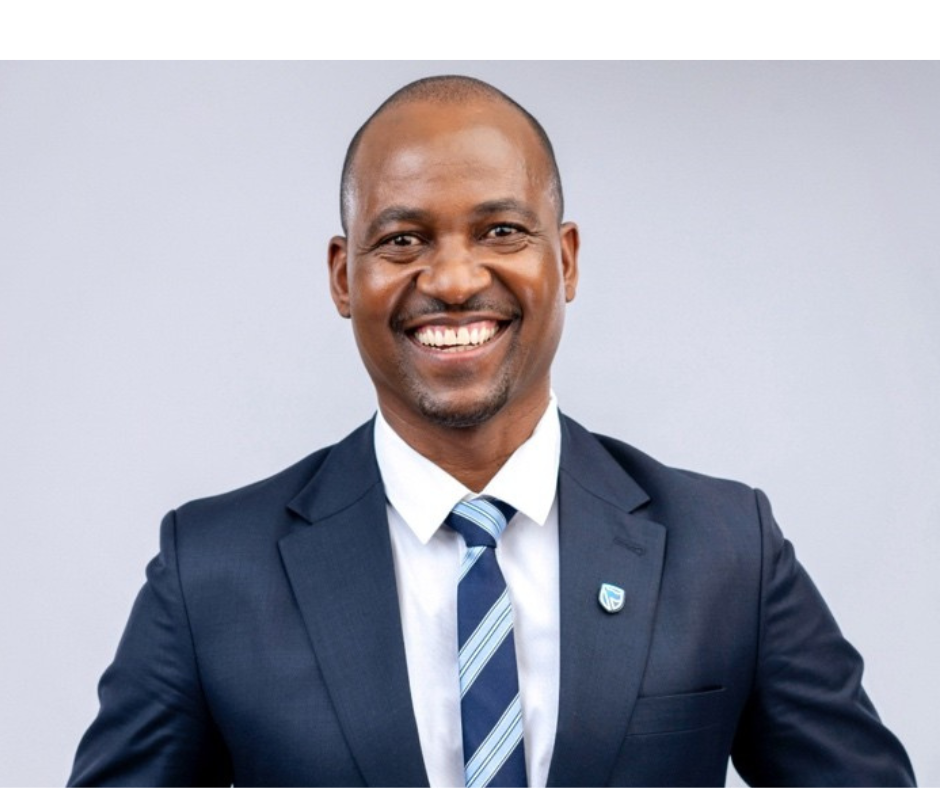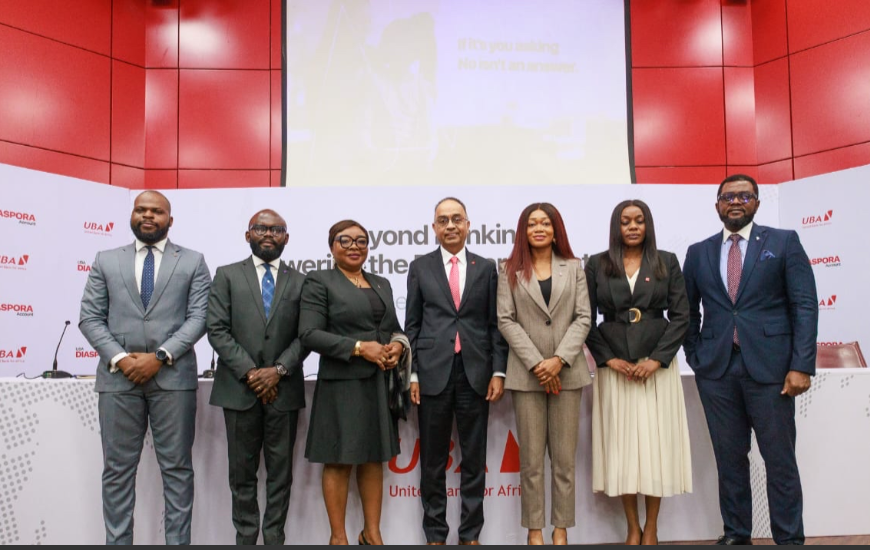

Dependence On Govt Killing States’ Chambers Of Commerce- RUWASE
Mr Babatunde Ruwase is the President of Lagos Chamber of Commerce and Industry (LCCI), a Fellow of the Institute of Chartered Accountants of Nigeria, also an astute boardroom guru. In this interview with Akin Naphtal, he speaks on the various advocacies of the chamber and the need to revamp the economy for growth, among others. Excerpt:
The chamber has been leading in the era advocating for best business policy and practice. Can you share with us, your challenges and achievements over the Years sir?
The business started as the Lagos Chamber of Commerce 130 years ago, in 1888, which actually pre-dated the land space which God has given us today, which we call Nigeria. One can say the Lagos Chamber of Commerce had been an institution in this space even before 1914, when Nigeria was put together and most of the corporates that were there then are members. The one that can readily come to mind is UAC. First Bank that also celebrated 125 years are members. Our member also happens to be the first to finance the first port of UAC, we called it harbor then. Bringing of electricity to Lagos was also financed by our members in the 18th century. We were on ground when Nigeria came into being, with Lagos being the center of commerce and governance.
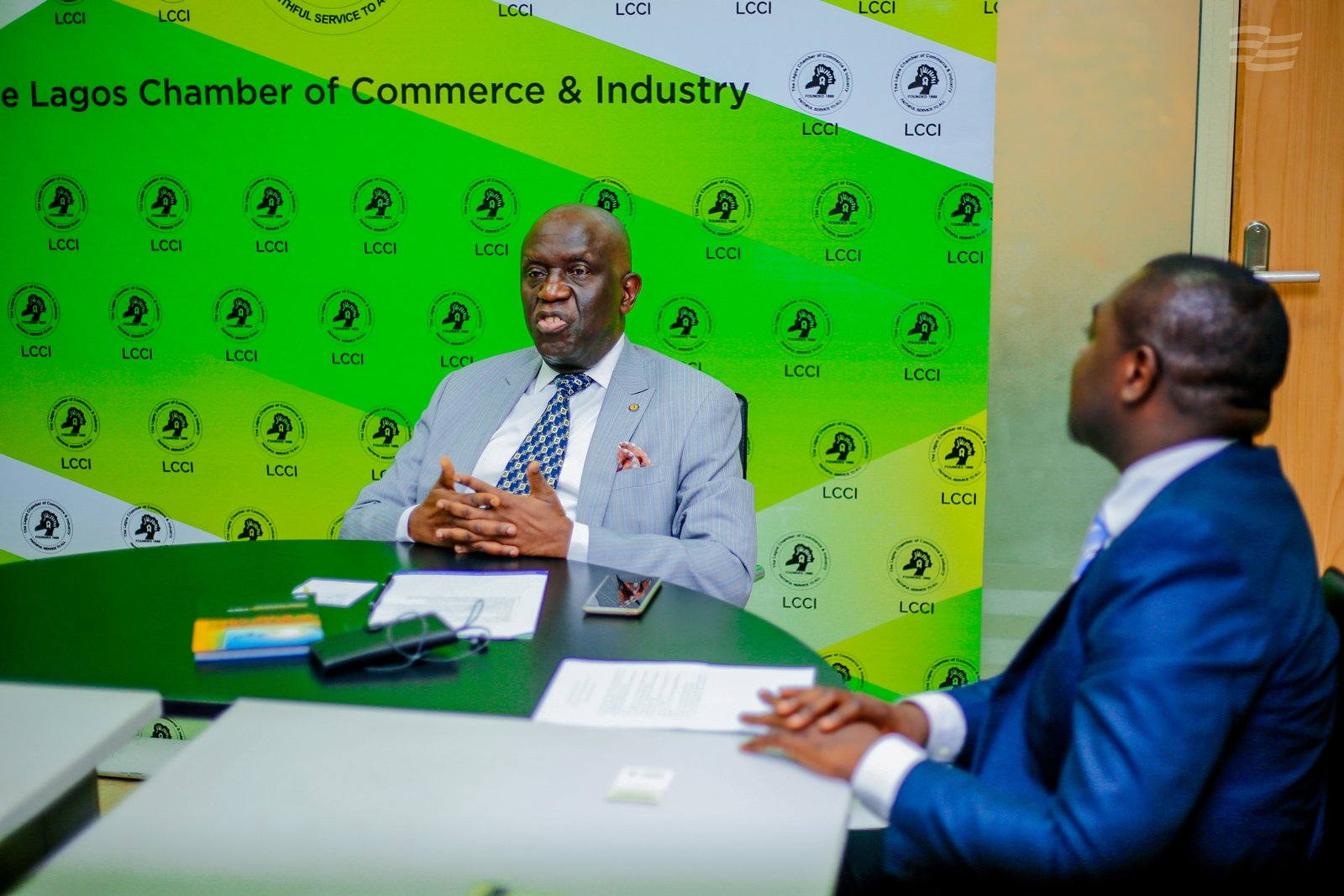
We’ve been doing a lot of advocacy – although when the petrol dollar came in, government became very rich. In those good old days, government would wait for commerce to be able to do their budgets because it was seen that the prosperity of business dictates how far you would go and what was government for then? It was to protect the environment and people – they were not doing business, but then, over time, money came in and government was in charge of petrol dollar. They looked beyond waiting for taxes and duties, they now had a source of wealth on their own.
How healthy an economy is depends on the political environment because when you do your projections, the government is not going at the same pace with you, you could be working at cross-purpose. That also gives us a big challenge at our own time when we now have to see how we will navigate through this difficult terrain. I would also say that in recent times, we have a government that recognizes business – at least we can talk to them, they listen to us, they see it as positive criticism. They don’t see it as them and us.
We talked to the government about ease of doing business and they listened to us. It is now being chaired by the VP. We have access to them and we tell them the problem that we have they also have a sub-unit in that office that deals with different session of business and we are doing well. The only thing is that at the early stage we were not able to reach out; people don’t really know much about what we are doing; and people don’t know that those things are there but we are getting there and hope it will continue to get better.
You know we have various chambers in Nigeria but the LCCI has been the leading factor. What are the unique things that make LCCI unique among all chambers?
The secret is that most of the chambers we have in Nigeria are promoted by government. State governments, for instance, and they have this government involvement in putting together such chambers. So, when you have government putting a chamber together, it is very difficult to be independent which is not so in our own case. It is difficult to start a chamber taking into consideration the mentality of our people.
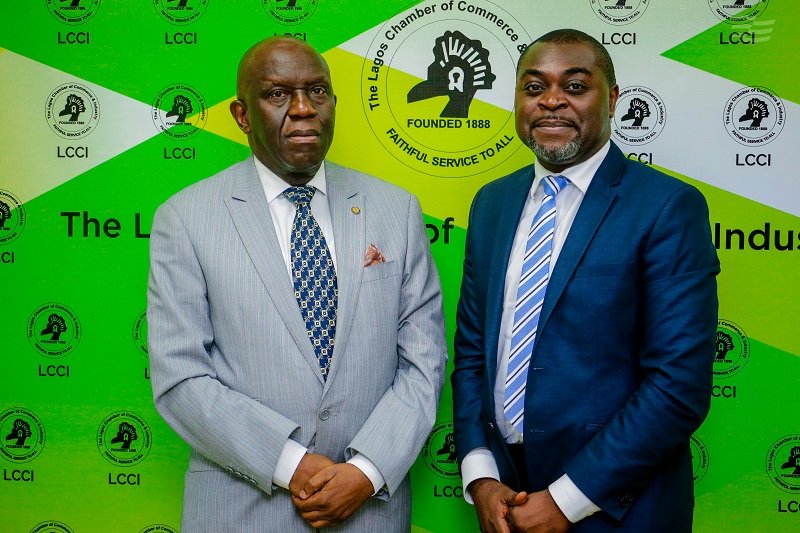
Can you shed more light on the national body that was put together and what was the motive behind it?
NACCIMA was created and founded by the Lagos chamber, we worked with them and act as mentors to those who come around and encourage them and I think some of them are doing very well but then, the factor of not knowing that you must put your money where your mouth is comes to play and the problem of looking out for immediate value in something are things they need to get out of, and I always tell some of them to be independent of government as much as possible. Being tied to the apron string of a ministry of commerce somewhere before they can do anything is not good and should be avoided.
Looking at the current view on Nigeria economy towards economy diversification, what are your views looking at the current situations?
One will say we are making some progress but then they are low side of it. We have this problem of infrastructural decay which is making us to spend money on everything we have to do. In your private life you have to provide your own water, security; you have to think how to get from point A to B. Those are to be in the realms of social service. For a business man, you also have to contend with high cost of funding, if you have to go and borrow to do business, you are talking of two digits and that’s not the fault of anyone it’s just the economy where we have found ourselves but as a people we have not managed our resources very well and the level of inflation too determines the cost of funding.
So if government is doing double digit borrowing by the way of Nigeria Treasury bill, there is no way there will be a single digit. With double digits, borrowing is very difficult for you; you can only do things that are short term and then be profitable, if not you will find things difficult. We have corruption that has even gotten us to where we are. But the good thing about it is that we are at the peak of it, people are talking about it, people are making attempt to solve those problems. We look at what is happening in power, the problem of power is not even the generation because we generate actually what we can’t distribute. There’s lack of capacity to distribute because of the ageing infrastructure. These are the factors that are identified and things are being done; we are talking of mass transportation, agric.
Also we have to be sincere government should have to be at the vanguard of patronising made in Nigeria goods. And as Nigerians we should be patriotic enough to patronise made in Nigeria goods.
We create jobs by producing what we use locally, unfortunately, what we can boast of currently is crude oil. Crude oil does not create more employment as you get from manufacturing, even in Agric. So we need to patronise what we have, interestingly, for instance in Ghana, Nigeria goods are cheaper in Ghana. We don’t realise what God has given us as people, we are always looking beyond this land we don’t have confidence in it. The Asians are doing what we don’t want to do; they are into farming in large scale. Even this manufacturing we are talking of we have them there. So there is something they are doing right that we are not, it also has to do with the way we organise our lives, approach to business. We have a CEO riding expensive vehicles; they don’t even have vehicles for operation. You have factory outside Lagos and you want to live in Lekki but if it is an Asian, he will live there. So we have attitude problem to business. So we don’t realise what God has done for us, we keep on complaining. People are coming in to take over our economy because we have what they need as a country which we don’t see or value.
We should have maximum orientation to take advantage of it. We have a good economy and we need to fight corruption in every sector. The country is potentially great and we need to face some facts. You can’t subsidise consumption and get growth, you can only subsidise production. It is even more vulnerable to exploitation and corruption. When I look at our budget, we have 305 billion naira for fuel subsidy, that’s money that should be directed to some other things like production that can create employment. People buy fuel but the poor are not affected directly because the vehicles that they use, use diesel (AGO) and is deregulated. We need to take hard decision and also spend money on human capital development training in skills, because we go outside the country to bring in vocational skills worker. We need to focus on human capital development. The problem we also have is we do more of politicking, because politics has influence on our business terrain. That’s why we say government has no business in business. They should just set standard and regulate, they shouldn’t be in business. There’s a bureaucracy that take a big chunk of what is meant for business. Running cost takes a big chunk in business. These things affect the economy and also affect us as a people and its pull business down.
On area of gender equality, how is the chamber faring?
Yes, we are very mindful of that, my past president is a lady and my deputy is also a lady. We are very gender sensitive. Of course, we operate in international space and that is something that comes up when you are doing peer review. They want to know what position you have for women. In the real sense we are in business and business does not talk about gender. We have a very strong women group, which is one of the focused groups and they are doing fantastic well. And then we also mentor young ones too.
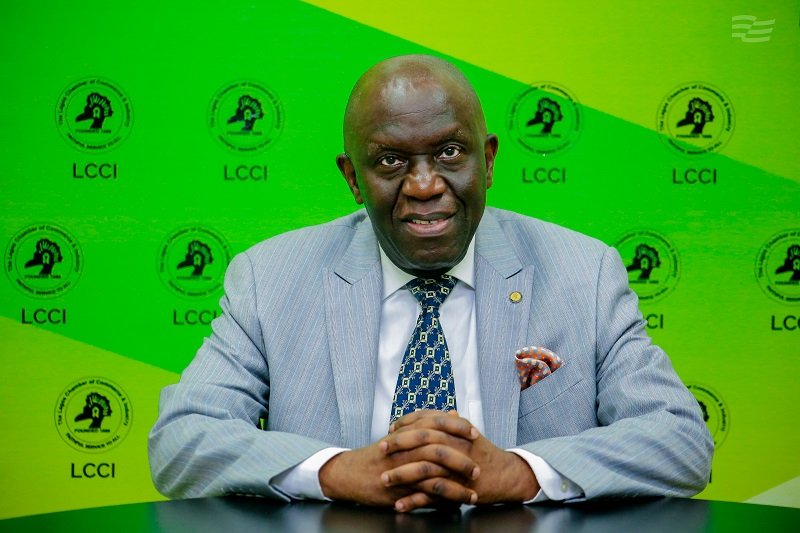
What are you doing to revive the moribund textile sector?
What is affecting textile basically is not an isolated thing from what is affecting our industry. The textile companies went moribund because of the harsh economic environment. Let’s take power for instance, they don’t have power. They could not replace their engine equipment due to funding challenge that we talked about earlier. There was a time when those who are cultivating cotton realised it was no longer profitable; they moved to other areas. Some were rearing bees at a particular time and I am sure now they will be doing rice.
It is imperative for Government to go back and do backward development, and let us rejuvenates these textiles factories and let us see how we can produce what we need, and of course Government also needs to patronize the textile industry. We all need to be sincere about this because we all know the reason why they went moribund, it was because they never had good patronage and they could not compete with imported items. Even though it is not possible to solve all the problems of textile industry in isolation, if we solve the problem of manufacturers we have solved half.
And how do you balance your personal and professional life?
I always believe that what is worth doing at all is worth doing well, i am not different from anybody of my own generation. My own type of growing up, we were not pampered; some of the indulgence that people kept now, can only be done if you are a rascal. I came from a very disciplined background, the type of training had as an audit training also folded me, and it prepares you for life.
I solidly believe in hard work, and i also try to be quiet, i do not impress people rather i always want to be myself, balancing the two has been easy i mean coping with this modern days is not very tasky, you could feel bored if you do not have things to do, you know a lot of activities that you are subject to.
If you were to make three wishes, what would they be?
I wish for Nigeria to be a better place for us, and also for Nigeria to attain its potentials. But you know we cannot achieve this unless we take money out of politics.
I wish we can get it right as a people. Nigeria is my problem, and also our problem because I know we can do better than where we are today, God has blessed Nigeria, He just need to help Nigeria.

